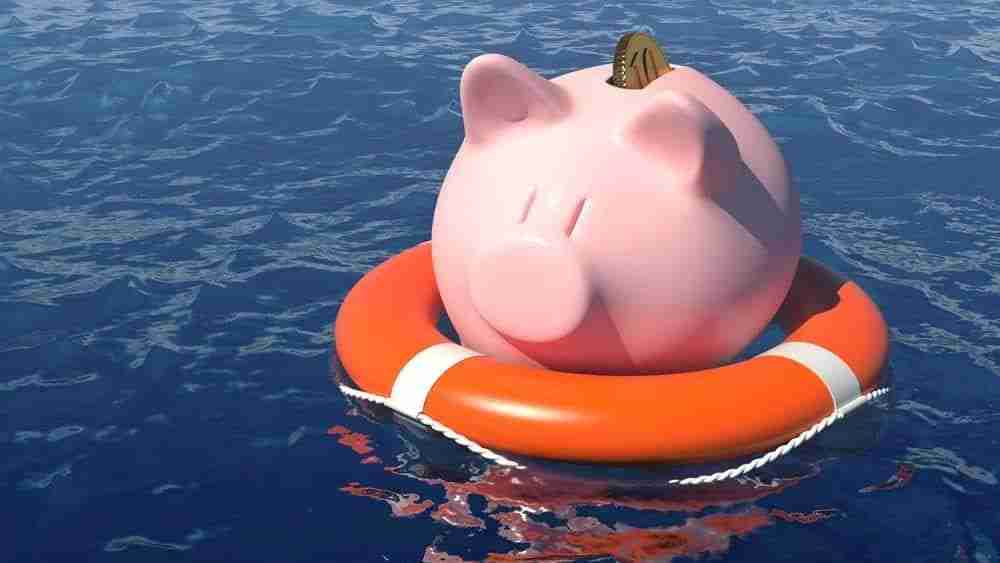
One of the first things people tell you is to save 6 months’ salary for your emergency fund, rainy day fund, a pile of cash under the mattress money, whatever you want to call it.
When I first read that, the first thing I thought to myself “I can’t even save $1,000. How the F*ck will I save six months of my salary for an emergency fund.”
Then, 2 things usually happen.
- I’d update my direct deposit to allocate some irrational number to my savings so 6 months’ salary could be doable in less than 5 years.
- I’d realize I can’t save that much money and transfer all the money out of my emergency savings to pay my bills.
Rinse and repeat year and after year. Sound familiar?
What Is An Emergency Fund?
An emergency fund is money separated explicitly from your daily checking account and not to be used unless necessary. In most cases, it’s used for unexpected expenses such as a car repair, home repair, medical bills, or a loss of income, e.g., getting laid off.
Why You Need An Emergency Fund
A few years ago, a study was done by the Federal Reserve board that studied household economics and decision-making. The findings were remarkable.
40% of Americans would struggle to come up with $400 to pay for an unexpected expense!
That is mind-blowing, considering nearly 50% of smartphone users in the United States have an iPhone and the cheapest iPhone starts at a mere $400.
Need I say more? We need to get our priorities straight. It’s not if an unexpected expense will occur. It’s when it will happen. If you’re having trouble saving or keeping within budget, consider a free personal finance app like Personal Capital.
How much do you need in emergency savings?
The six months number is a great general rule of thumb. But don’t fret if you can’t stash six months of cash. Here are a few points to ask yourself when figuring out how much to save.
1. Do you have Job Security?
Do you work at an established company where it is unlikely they could be underwater after losing one client, or are you at a start-up with ten employees where you only have one client.
To me, this is key. I have heard of friends getting laid off from failing start-ups too many times.
Most companies aren’t the unicorns we hear about on the news, so how are you even remotely surprised. Also, no matter where you work, take a long honest, reflective look at your job performance. Are you receiving high reviews, or are you at the bottom of the pack? Throughout my ten years of working, it’s usually the low performers that are let go first.
2. Do you have a family?
As in a spouse, children, other dependents. If you lost your job, what would happen to them? Are your finances in order? Are you only a dual-income family or single income? Could you survive on a single income?
3. What are your financial obligations?
Do you have a mortgage, car payments, or student loans? Or do you rent and have two roommates with minimal bills. Those are very different obligations so think about those things as you develop your “number.”
Final Thoughts
Consider the above points carefully and weigh them against each other. Most people will probably fall somewhere in the middle. These are the main things I thought about when starting my emergency fund. Everyone’s situation will be nuanced and slightly different and think about what works for you.
Comment below and let me know how you determined what the “right” number is for you.

